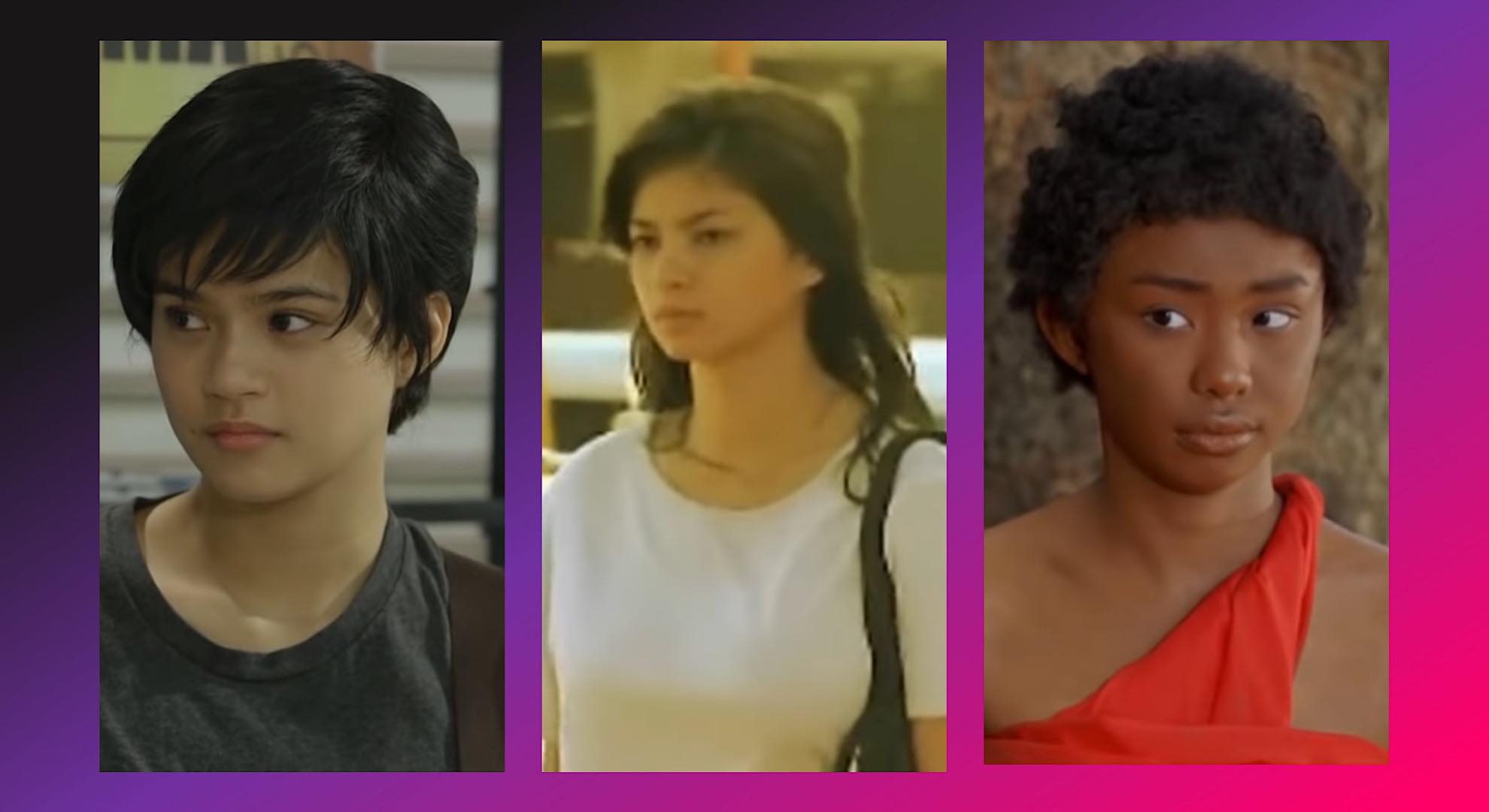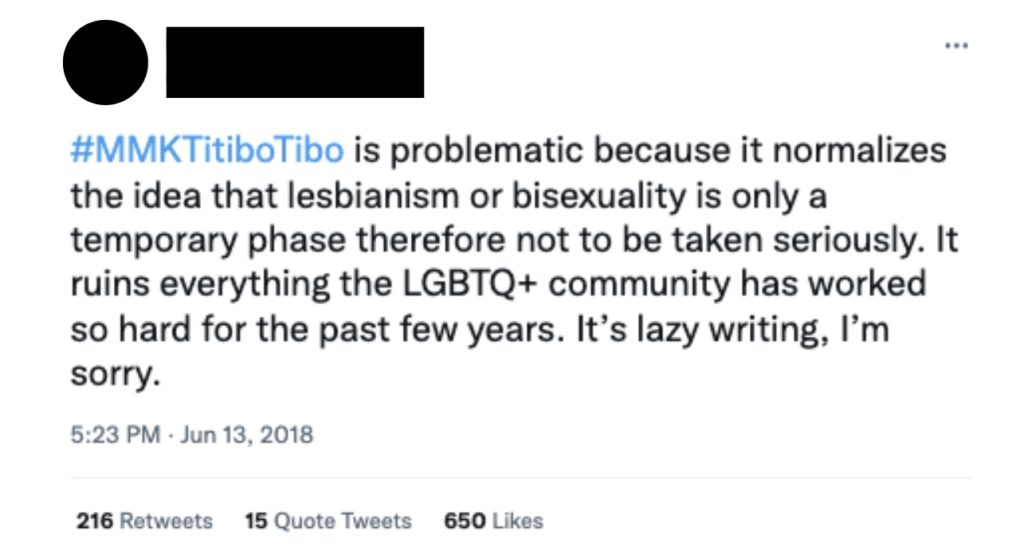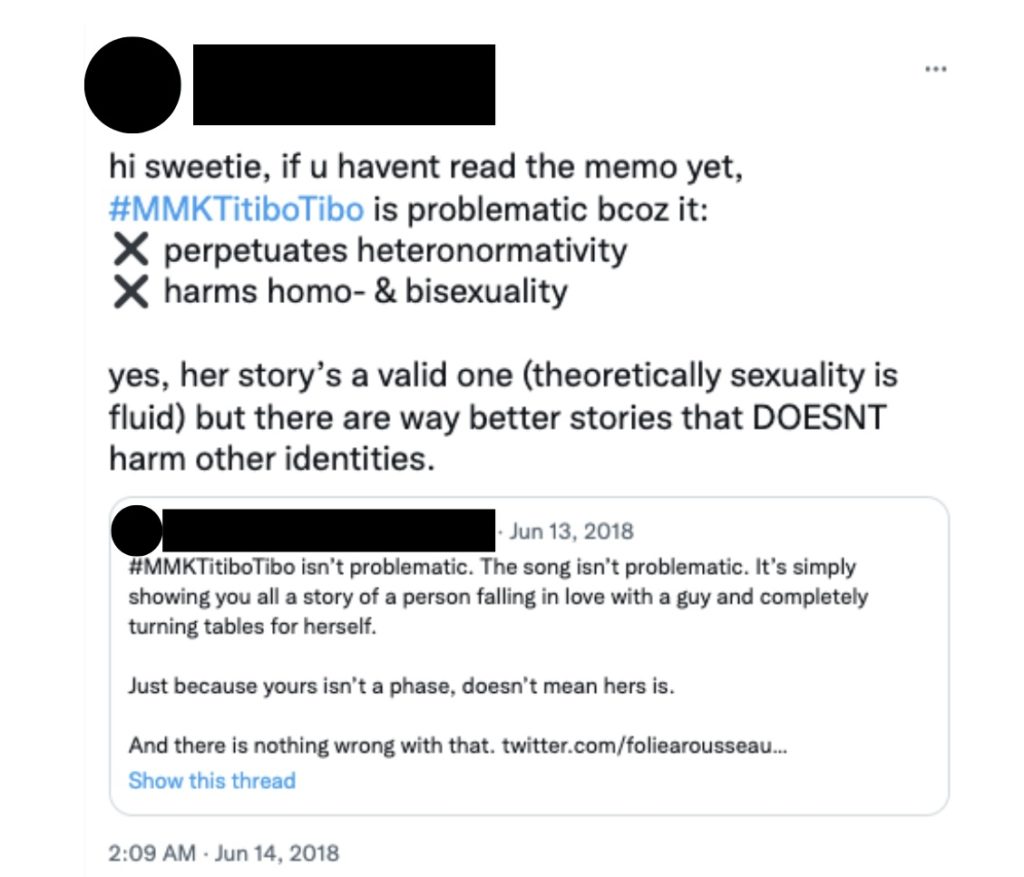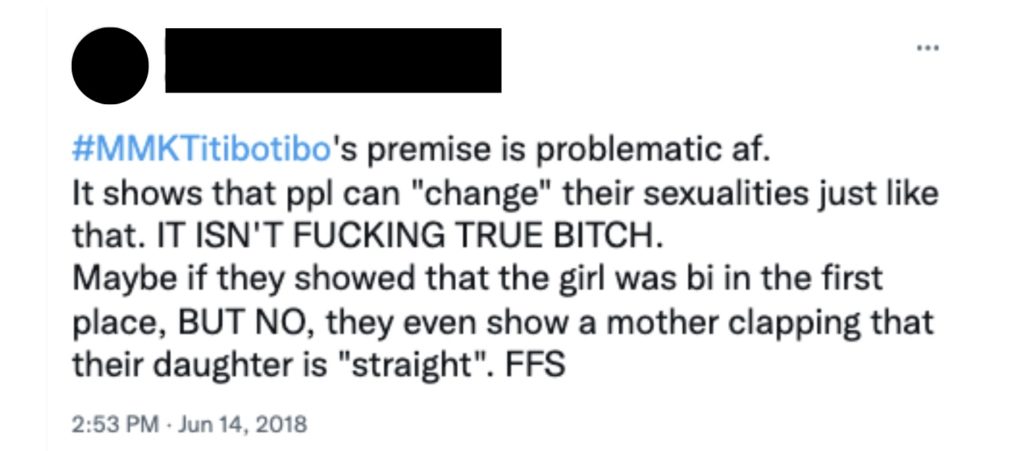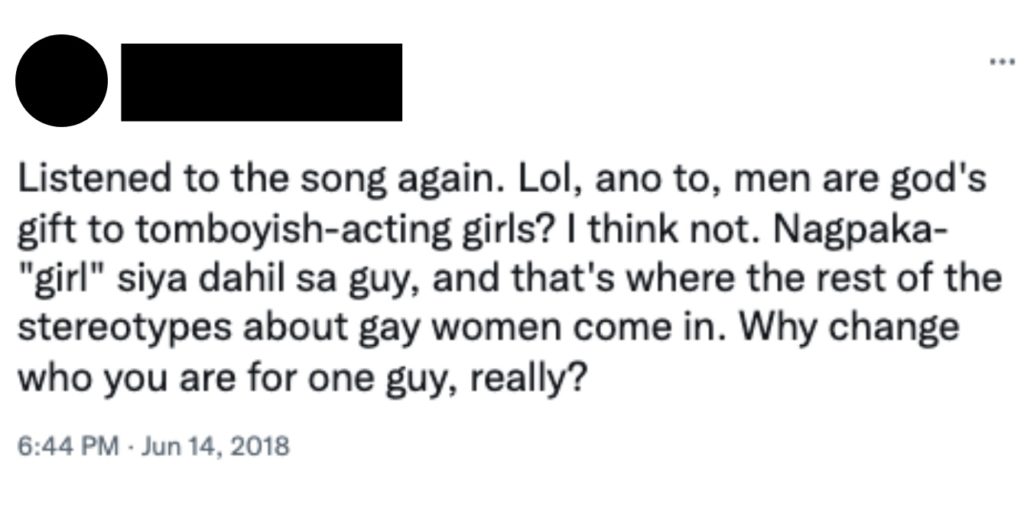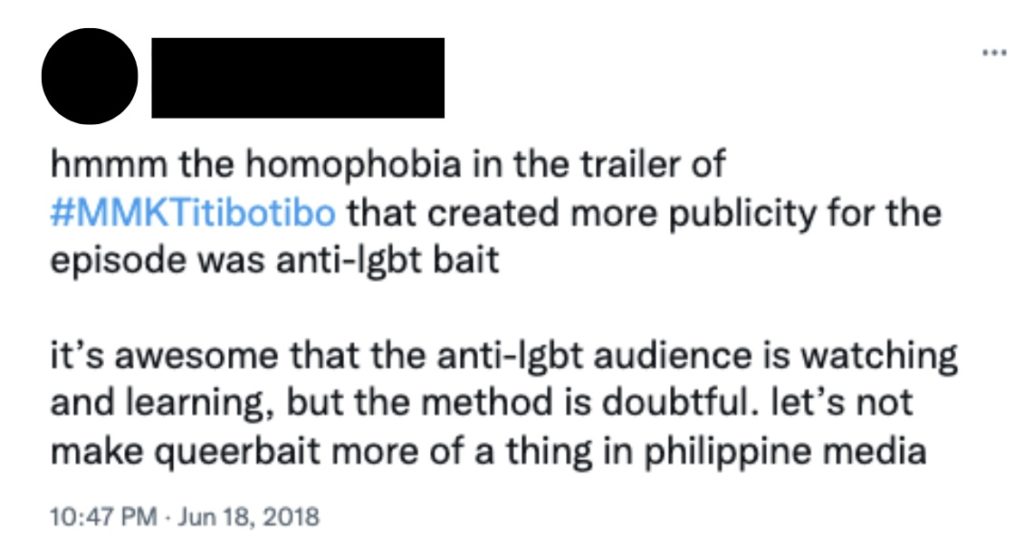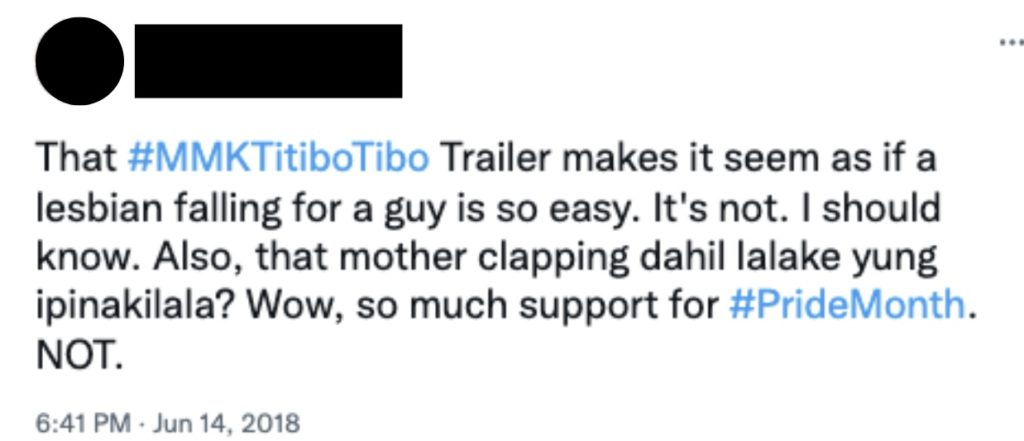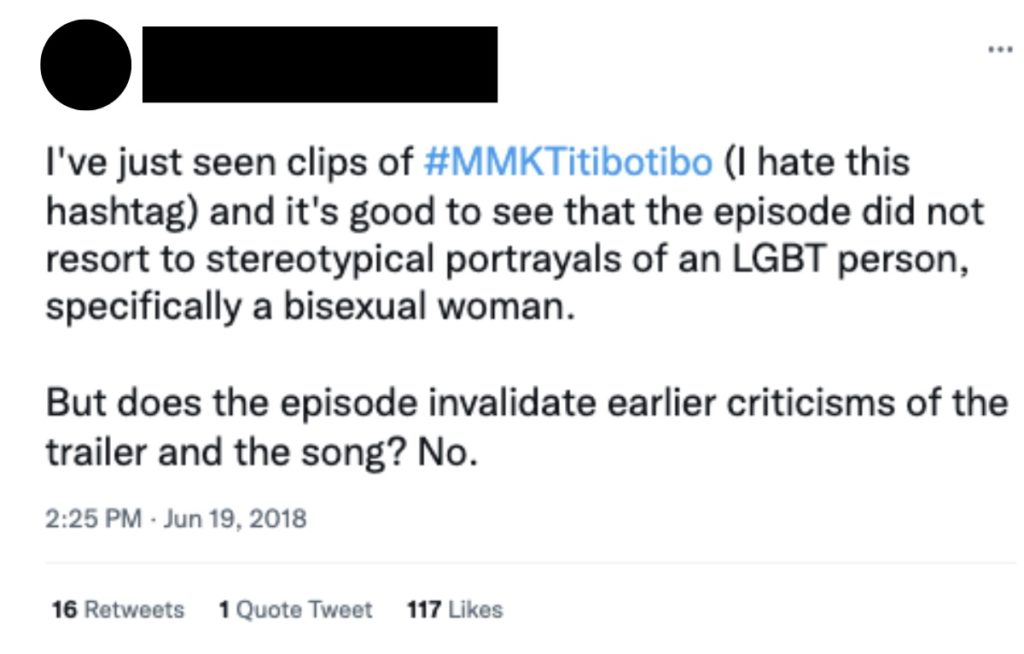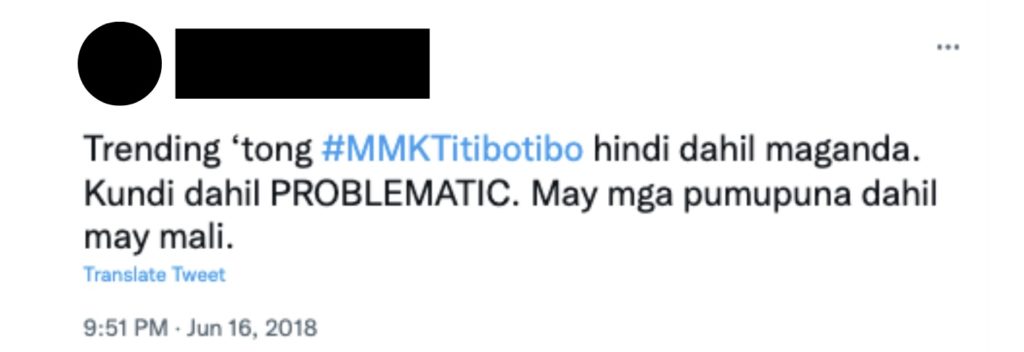After more than three decades, Maalaala Mo Kaya (MMK), the country’s longest-running drama anthology, has announced that it would air its series finale on December 10 this year, a few days from today. Every Saturday, the show has made us laugh, cry, frightened, and hopeful with each episode that hits home, whatever our age, gender, economic status, and personal dramas in life, including identity crisis, mental instability, health issues, poverty, physical abuse, marital problems. All stories were relatable and, to some extent, has somehow helped every televiewer cope with their personal journeys and be hopeful for a better and promising future from defeat to victory, from pain to healing.
But like anything in life, MMK was far from perfect. And just like the rest of us, it had its share of flaws, much talked-about controversies which were borne from lapse in production, or perhaps in the show’s desire to create a buzz.
MMK drew flak when it mistakenly used a Muslim prayer mat as an ordinary accessory doormat in the episode that featured the life of Filipino actor and model JC Alcantara. On January 10, 2021, a Facebook page called UGH posted a screenshot of a scene from the drama anthology showing the actor using a sojada/sajadan as a doormat, saying: “Respeto naman sa mga Muslim, ginawa nyong doormat yung Sojada ng mga Muslim, na ginagamit sa pag prayer.” (Please be respectful of Muslims. You used the Sojada as your doormat when we use it for praying.) That Facebook post is no longer available, as it may have been removed or the privacy settings have been changed, but some screenshots and tweets were obviously teeming with wrath from some Muslims, expressing their frustrations how their Sojada, something sacred to them was repeatedly stepped on like a doormat in the particular episode.
MMK using Muslim Prayer mat as doormat in one of their episodes. They are either grossly ignorant or highly disrespectful of the Muslims.
MMK using Muslim Prayer mat as doormat in one of their episode. They are either grossly ignorant or highly disrespectful of the Muslims. pic.twitter.com/eNhokyaqgo
— Issy (@mrsdaspolitisch) January 10, 2021
The next day, MMK issued a public apology about the lapse, saying: “MMK expresses deep regrets for a scene in last Saturday’s episode that may have offended its Muslim viewers. It was an honest mistake, and we offer no excuse for this lapse in production. “We thank our viewers for the feedback and promise to do better.” The program’s statement aired on January 9, 2021
Program Statement on episode aired last January 9, 2021 pic.twitter.com/9Htc8j69EZ
— MMKOfficial (@MMKOfficial) January 10, 2021
Aside from sensitive religious issues, MMK also received criticism about how their trailer dealt with LGBTQIA+ concerns. Its Titibo-Tibo episode, which starred Maris Racal (a lesbian-turned-heterosexual) also stirred controversy from the LGBTQIA+ community.
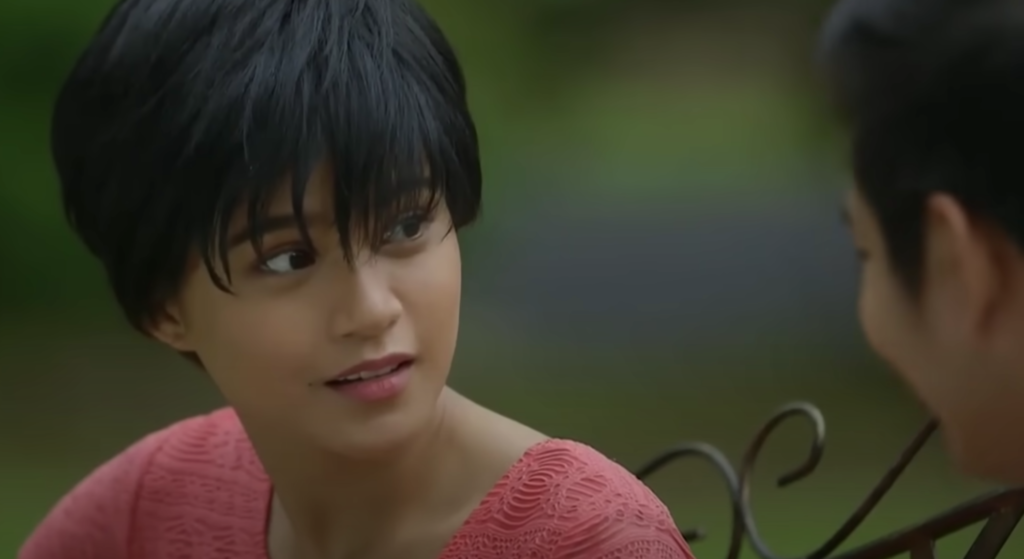
The episode showcased how 11-year-old Tin who identified herself as a lesbian and had been in romantic relationships with girls met her first boyfriend at 18. After their four-year relationship ended, Tin pledged not to get into a relationship until she was able to provide for her family’s needs. However, she met a good-looking chick boy that ignited the sparks in her apparently uneventful life. This trailer appeared simple but included a phrase that said “Ang pusong titibok tibok sa gwapo” (a heart that beats for a good-looking guy). Thus, when one looks closely, there is an underlying issue: is being a member of the LGBTQIA+ community merely a phase that one could get over with instantly? Are lesbians bound to change their gender preference once they meet a good-looking guy? As expected, lesbians on the internet thought otherwise. Even good-looking men are never the cure for homosexuality, they declared.
Some noteworthy reactions on Twitter include:
Fortunately, those who were able to watch the full episode testified that the show did not imply that homosexuality is merely a phase.
Raquel Pempengco, mother of Jake Zyrus, also admitted to having a bone to pick with what she deemed to be lies when MMK portrayed her as a mother who emotionally and physically abused her daughter, then known as Charice Pempengco. The particular episode featured Dina Bonnevie as the mother and while Mutya Orquia and Sharlene San Pedro played the younger Charice, and Zyrus himself as his own character while in the journey of transitioning as a man. It piqued Raquel because of Zyrus’ revelations about her always being opposed to expressing himself as a man, even as she herself once admitted to being a lesbian.
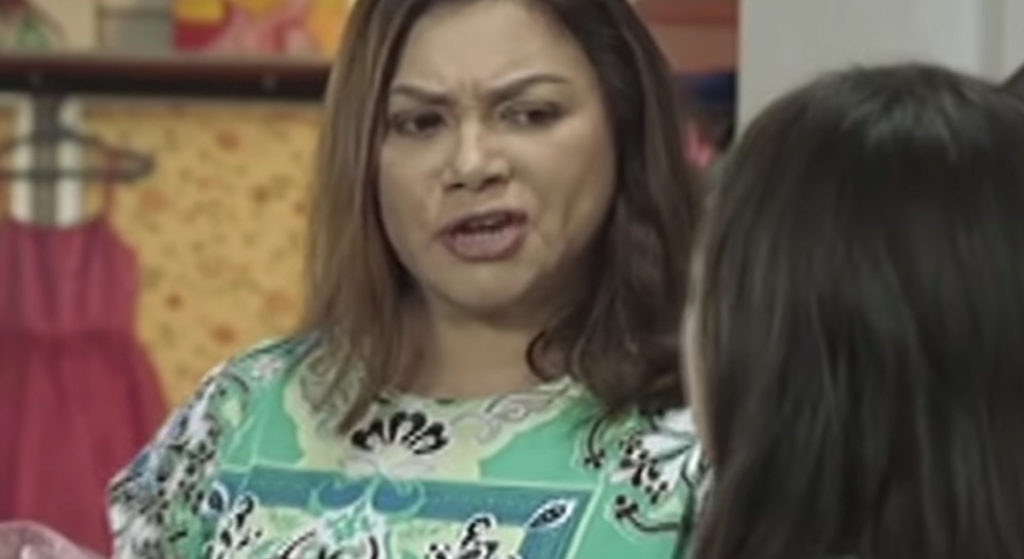
In that particular feature, Zyrus revealed that he used to religiously give P500,000 a month to her family when she was in the United States until he got hit with tax evasion charges and had bills left unpaid. But his mother claimed otherwise: “Ang katotohanan ay 2010 pa pinabayaan na kami niyan ni Charice… Bakit ako ang sinisisi niya sa tax niya hindi naman ako ang manager niya at accountant niya. (The truth is, since 2010, Charice left us to fend for own. Why is she blaming me now for her taxes when I’m neither her manager nor her accountant?). Raquel reportedly felt bad how Zyrus always finds a way to put her in a bad light and was furious why MMK never attempted to hear her side of the story.
When it comes to “colors”, the LGBTQIA+ rainbow was not the only one questioned during MMK’s slew of controversial episodes. Even the show’s installment billed as Blackface, featuring the life story of Aeta beauty queen Judith Manap (with Maytay Entrata portraying the lead role) received so much hostility, as it raised a debate about wearing makeup to “darken” the actors’ skin is enough to imply that they could well represent the some of the country’s indigenous groups such as the Aetas. As soon as Entrata excitedly announced her MMK depiction in her social media accounts, Filipinos blew steam over Twitter to criticize the casts’ darkened skin, noting that there are more effective and eligible Aeta actors who could have naturally portrayed the role.
“Local artists, especially as role models to young and impressionable fans, should know better,” said Jessica Nicole (@itsjessmehoney) on Twitter. “MMK has always been problematic in casting roles but it’s more saddening when artists don’t say no to these roles,” she further pointed out.
This is black face, appropriating the local aeta community. Local artists, especially as role models to young and impressionable fans, should know better.
MMK has always been problematic in casting roles but it’s more saddening when artists don’t say no to these roles. https://t.co/gaqsE9GOoE
— jess (@itsjessmehoney) March 24, 2019
Even actor and popular Spoken Word artist Juan Miguel Severo (@TheRainBro) gave his two cents on the issue via Twitter on March 25.
“Sobrang daming layers ng isyu ng paggamit ng ‘blackface’ ng ‘MMK’ at hindi siya matutugunan at masosolusyunan ng simpleng ‘Cast aetas for aeta roles!’” (There are so many layers to the issue of the use of “blackface” in “MMK” and it will not be solved with a simple “cast Aetas for Aeta roles.”)
He also pointed out that the casting choice was done to reach more people and that the show has good intentions in telling the story of an indigenous person. However, Severo wondered if the industry that advocates the notion that white skin is superior, could really be a reliable teller of stories involving dark-skinned folks. He also further debated on the fact that minorities, such as Aetas, do face more important challenges than prioritizing their acting careers, especially when everyone knows how they are being displaced.
But perhaps, the most implausible of all episodes that really raised most eyebrows was Blusa, the life story of a certain Nemie/Nemy (portrayed by Angel Locsin), a BS Agribusiness Management graduate from the University of the Philippines in Los Banos, who—despite graduating as Summa Cum Laude—was unable to land a job and was forced to work as a GRO/stripper.
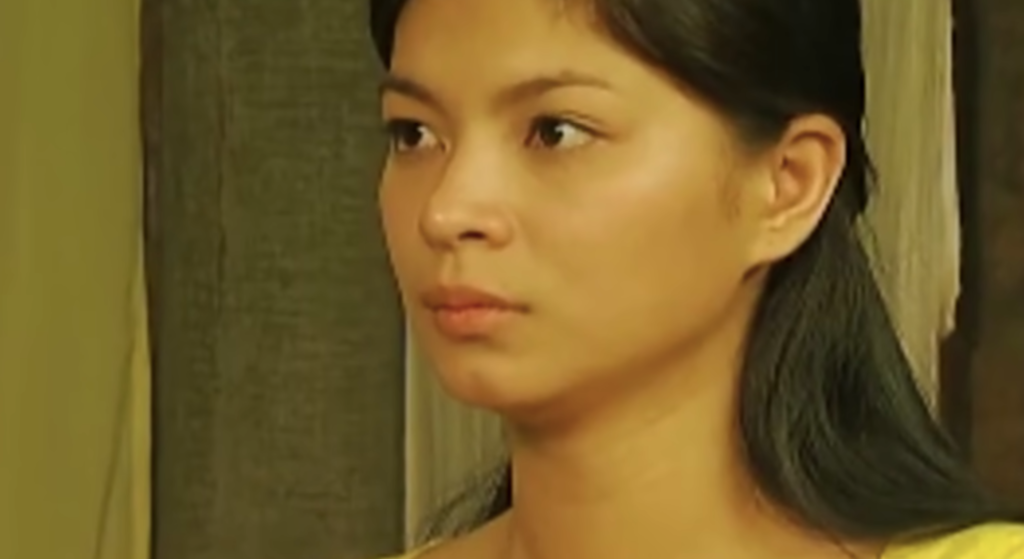
Televiewers believed the story was exaggerated and overly sensationalized. For one, Summa Cum Laude graduates have great chances to be invited by the premiere state university to be a member of its Faculty. Moreover, some Filipinos have commented online that it is quite unbelievable because most graduates from UP (much less an honor student) never had a hard time looking for a job; so, did the character apply in the right companies or agri-business firms? One doesn’t have to graduate with honors to know that.
UP Los Banos, through its then Public Relations Director, issued an official statement that the university does not have an alumna that matches the life story featured in MMK, and ABS-CBN should set the record straight since the said MMK episode—to some extent—affected the reputation of UPLB as an educational institution.
“Our attention has been called by constituents and alumni to an episode featured in Maala-ala Mo Kaya entitled Blusa, which was aired on ABS-CBN on Feb. 28 and on TFC recently. Our constituents and alumni were concerned whether the episode was based on truth. The story was of a woman who allegedly graduated BS AgriBusiness, Summa Cum Laude, from the University of the Philippines Los Baños or UPLB, who could not find a job, and ended up a stripper. We tried to find out who the subject was by tracking all 27 of our Summa Cum Laude graduates from the time the University was established in 1909. We could not find anyone matching the subject as portrayed in Blusa,” Tirol said in a statement.
For graduates of UP, declaring Nemie/Nemy as a UPLB Summa Cum Laude when she is not, would only ruin the reputation of an esteemed university. What impression would it give to its students and future students? That a UPLB Agribusiness/Agriculture summa cum laude cannot even get a decent job? That the UP System, in general, could not offer a job for their top graduates?
“While indeed touching and a perfect example of a human-interest story, Blusa regrettably affected the reputation of UPLB as an educational institution and its constituents and alumni. We therefore request ABS-CBN to set the record straight and correct the wrong impression that it created among its viewers. We also make an appeal to producers of similar programs to be more prudent in reporting stories with claims that would affect the reputation not only of a school but also of its alumni in the Philippines and abroad,” she added.
UP Los Banos reiterated that the issue was not about the improbability of a UP Summa Cum Laude graduate ending up as a stripper because of lack of job options because that might be true (even when it is utterly unbelievable). It is the premise of distorting the fact that she is a Summa Cum Laude graduate when she is not. Indeed, there is no amount of dramatic or creative license that could justify that because whether she graduated with Latin honors or not, her academic status proved inconsequential to the progression of her character as portrayed.
In response, ABS-CBN’s Corporate Communications department issued its own statement saying: “Storytelling in Maalaala Mo Kaya (MMK) is always based on narratives sent to the program by people who want to share their stories. MMK decides to go into production of the chosen stories, only after the letter sender has signed a waiver attesting to the authenticity of the story sent. When MMK found out about the adverse reactions, the MMK production group went back to the letter sender to inform her of the issue raised and to re-verify her account. She reiterated that she stands by her story. MMK always aims for truth and excellence. This incident may have deviated from its tight norm but rest assured that MMK will continue to serve its publics with utmost care and respect.”
After careful deliberation, MMK acknowledged that its writing and research pool may have been remiss in one thing—verifying with UP Los Banos about the veracity of the indicated facts of the letter sender. Having said that, MMK has apologized for the oversight.
Three decades was more than a good run for MMK. Its 1,344 episodes to date, televiewers have laughed, cried, hope, and even reacted to every episode—positively or otherwise—proving that the program’s journey to being as iconic as it is now, has also been rough and tough, and perfectly imperfect. Just like the rest of us.
Other POP! stories that you might like:
‘Tatlong Dekadang Pasasalamat’: A love letter to MMK
Highlighting MMK’s influence on Philippine pop culture
Noodle the Pug, TikTok’s ‘Bones or No Bones’ forecaster, dies at 14

